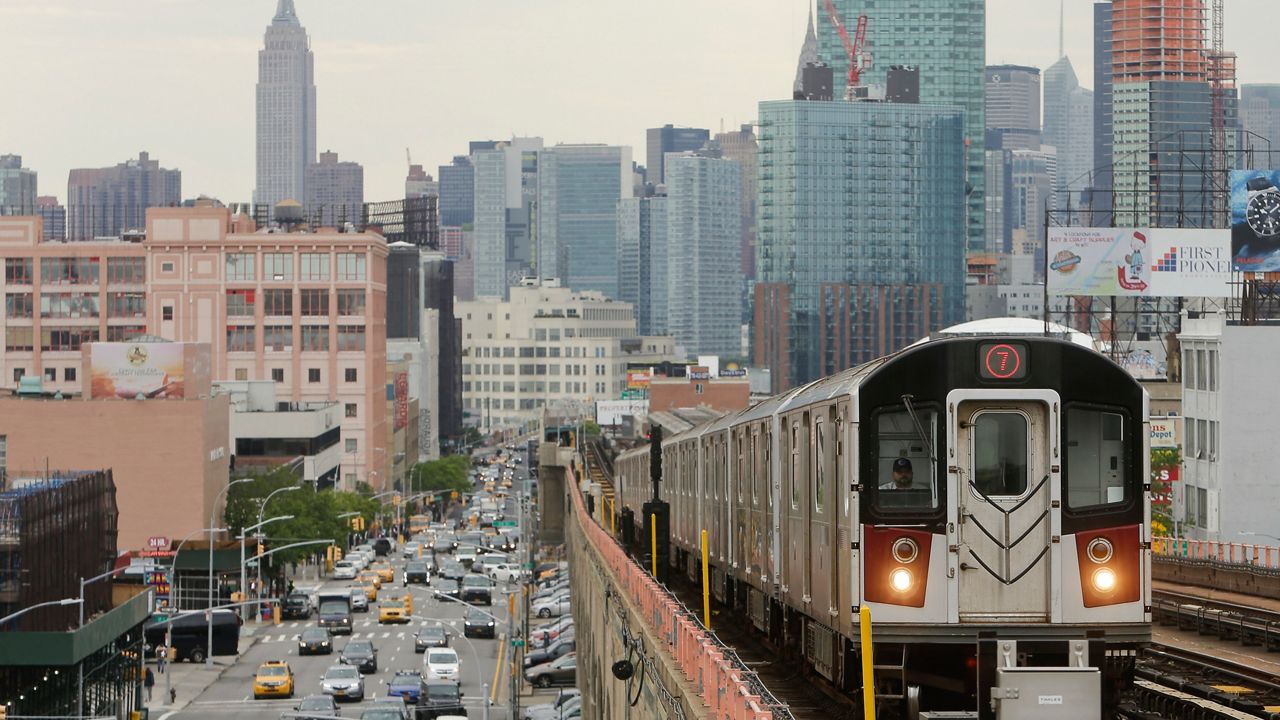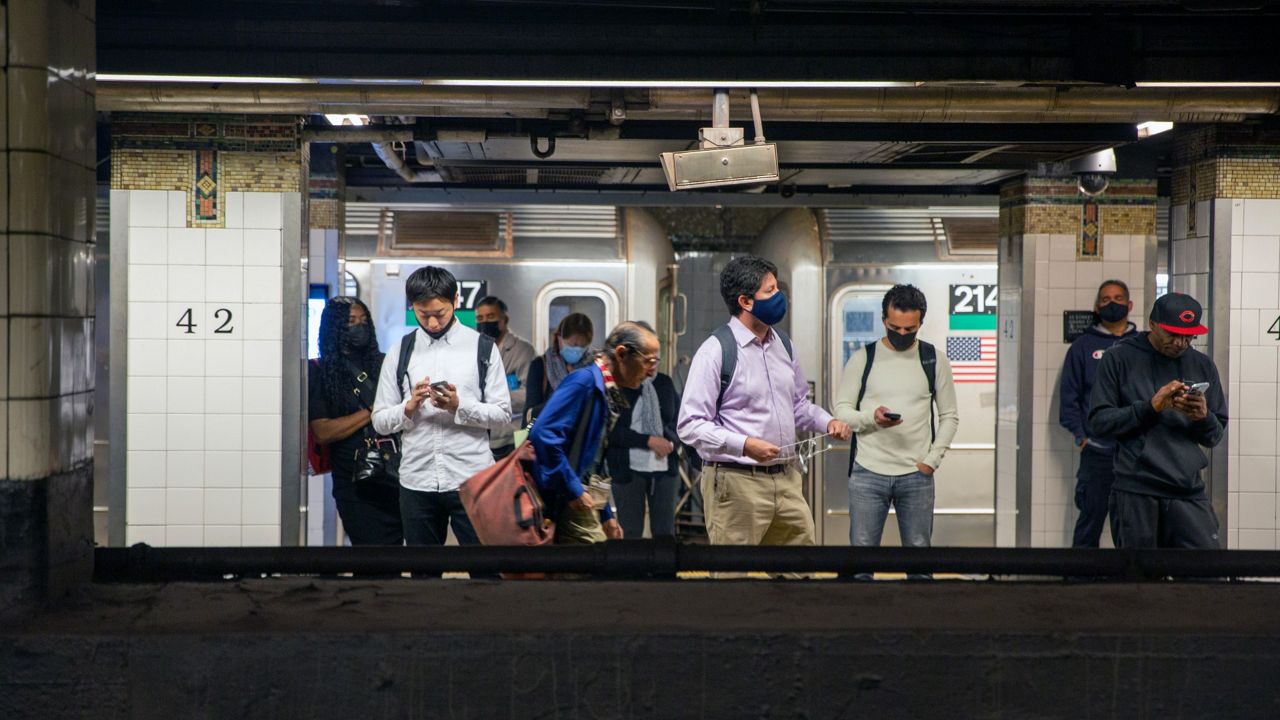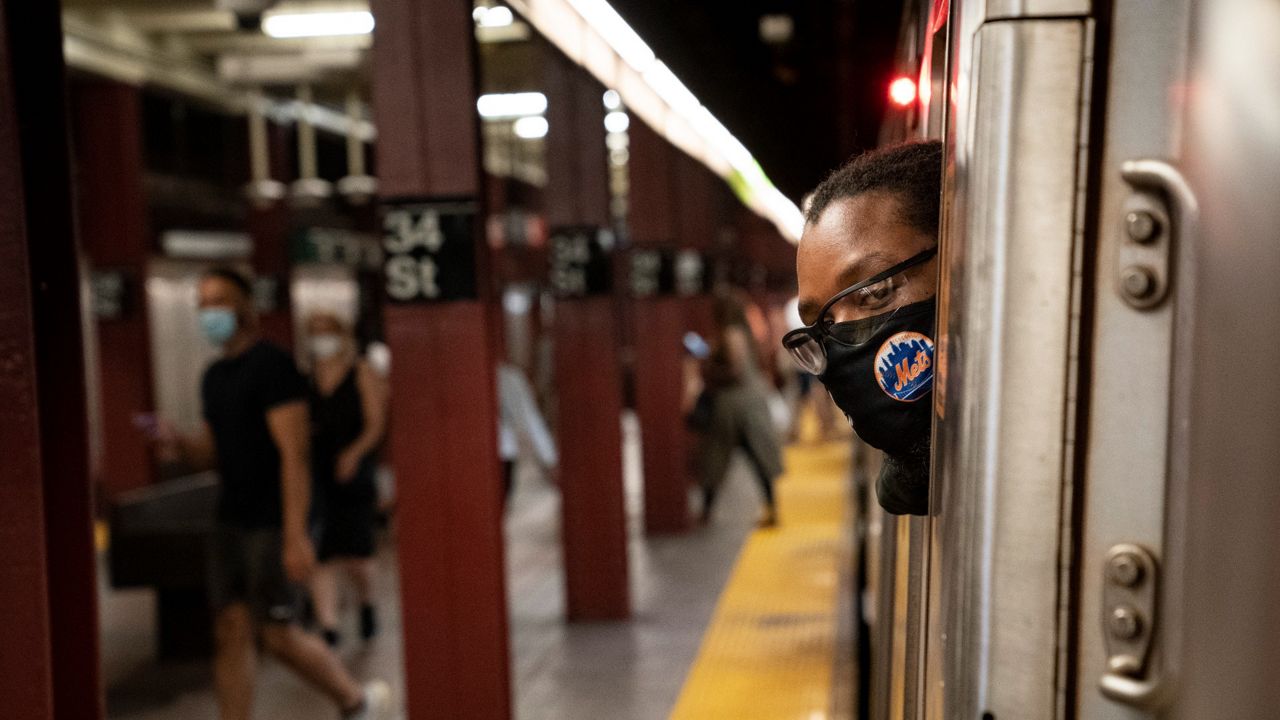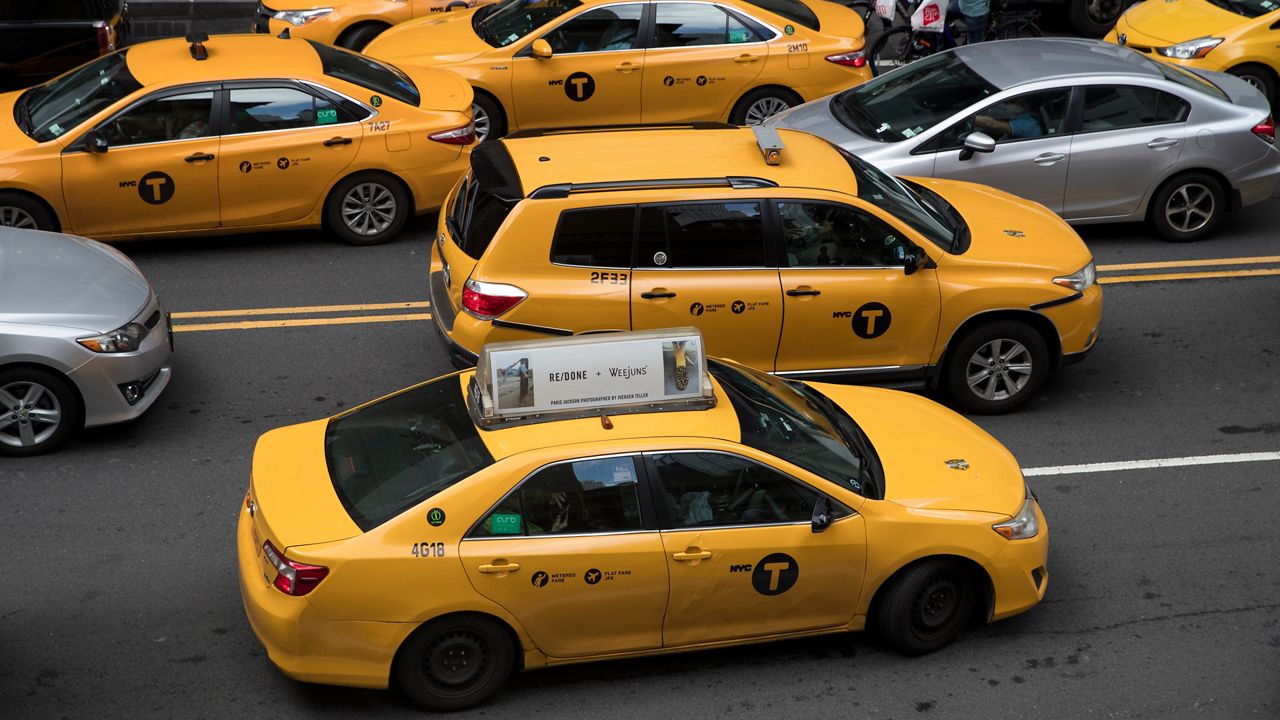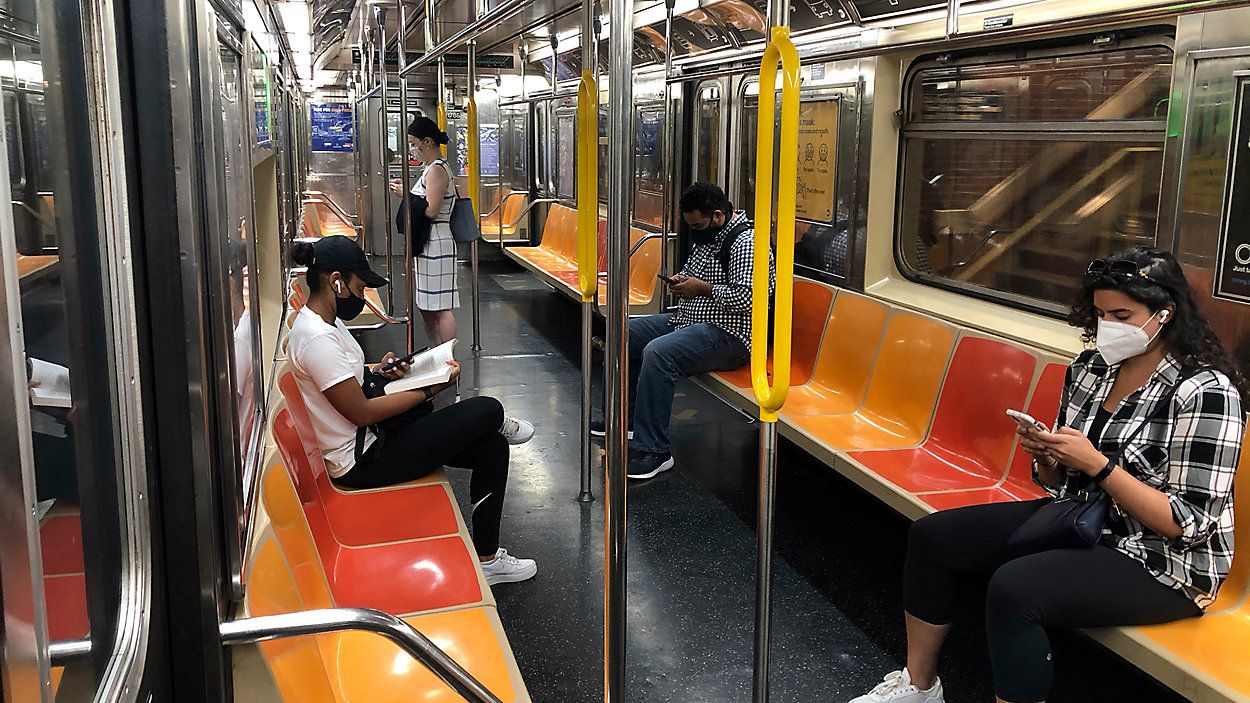MTA officials may borrow nearly $3 billion from the Federal Reserve Bank as hope for a bailout from Washington dwindles during the election season.
The borrowing, suggested by MTA board member Larry Schwartz, would be a short-term solution to a cash crunch due to the coronavirus pandemic.
The MTA has been pressing Congress for a $12 billion bailout to prevent drastic service cuts and sky-high fare and toll hikes next year.
“The sad reality is, we’re not going to know before the November election or maybe not til some time in early 2021, whether we’re going to get any help from Washington and how much that’s going to be,” said Schwartz.
He suggested the MTA max out borrowing from the Federal Reserve and apply for $2.9 billion loan, with a 1.8% interest rate. It would be the second time the MTA borrowed from the Federal Reserve.
“That is the cheapest money the MTA will ever be able to get as a loan,” Schwartz said.
The MTA has enough cash to get through early 2021, but officials have threatened to slash service by 40% and lay off workers—drastic moves that will still leave the agency in a financial hole.
MTA chairman Pat Foye was open to more borrowing, but said that for “an agency that spends $300 million a week, that is not a long-term solution.”
Meanwhile, the MTA board formally voted on new rules of conduct for the transit system that explicitly prohibits activities associated with people experiencing homelessness.
The rules, which had been in effect since April under a pandemic emergency order, prohibits:
- Staying in the subway system for longer than an hour
- Shopping carts and other large wheeled carts longer than two-and-a-half feet, excluding strollers
- Defecating in the transit system
- Staying in a station and train car when a train reaches the last stop and is taken out of service
“The purpose of them is to minimize health risks to our customers and our employees, period,” Foye said.
The MTA has grappled with crime in a system that’s seen ridership plummet, but not crime.
This year, there are increases in robberies, murders and rapes, and a slight decline in felony assaults. Only grand larcenies saw a major decline.
At the same time, NYPD enforcement is down dramatically this year in the number of arrests and summonses issued this year, compared to last year.
Meanwhile, MTA officials also announced the return of its newest subway cars, since the entire fleet was yanked out of service in June, when two cars separated from each other during a trip.
The cars, known as R179s made by Canada's Bombardier, have had a long history of malfunctions, and were pulled from service twice.




